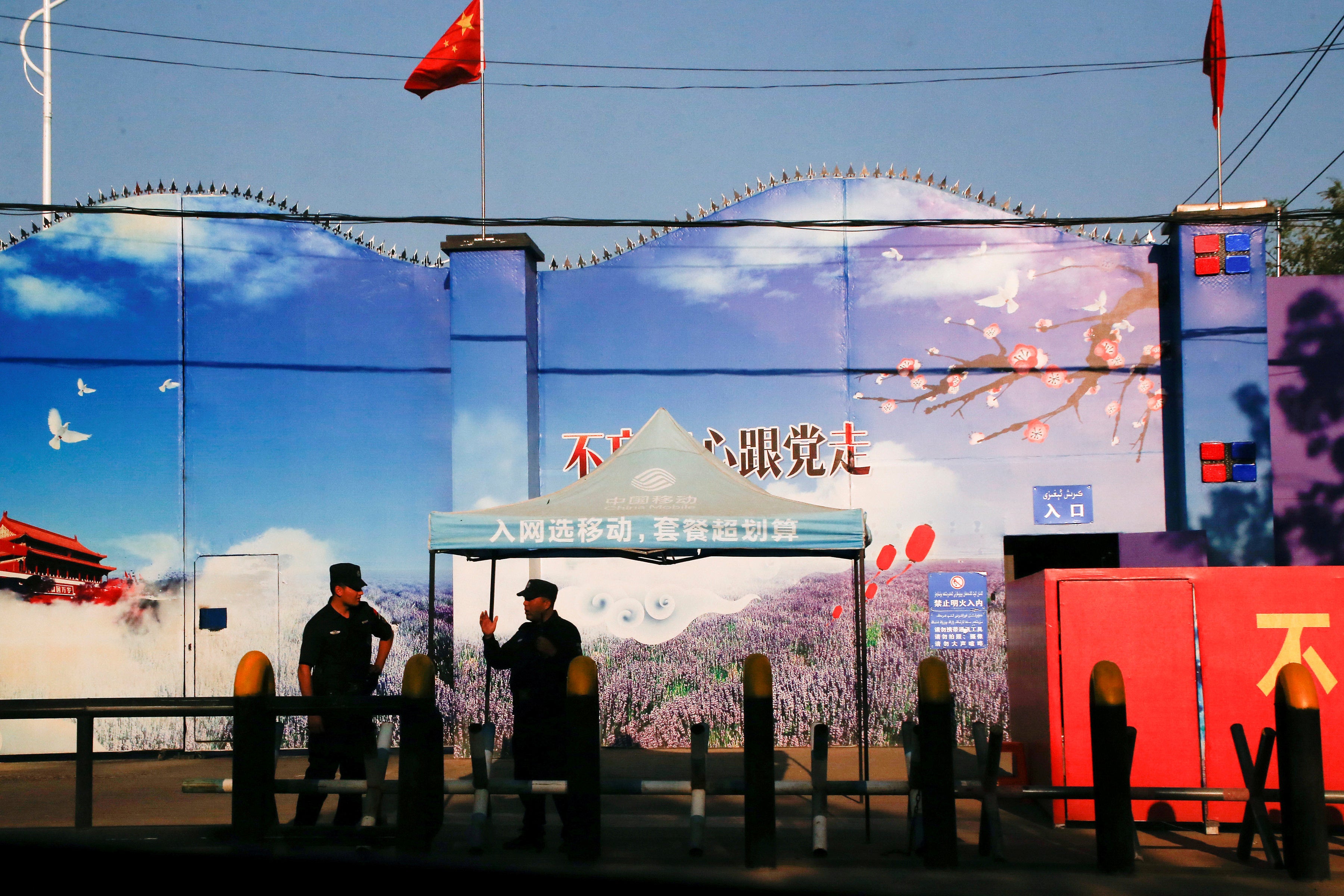Canada declares Uighur persecution in China ‘genocide’, becoming only second country to do so
Justin Trudeau and his entire cabinet abstained from the vote, which also calls for China to be stripped of Beijing Olympics

Your support helps us to tell the story
From reproductive rights to climate change to Big Tech, The Independent is on the ground when the story is developing. Whether it's investigating the financials of Elon Musk's pro-Trump PAC or producing our latest documentary, 'The A Word', which shines a light on the American women fighting for reproductive rights, we know how important it is to parse out the facts from the messaging.
At such a critical moment in US history, we need reporters on the ground. Your donation allows us to keep sending journalists to speak to both sides of the story.
The Independent is trusted by Americans across the entire political spectrum. And unlike many other quality news outlets, we choose not to lock Americans out of our reporting and analysis with paywalls. We believe quality journalism should be available to everyone, paid for by those who can afford it.
Your support makes all the difference.Canada’s parliament has voted to declare China’s treatment of Uighur Muslims in the Xinjiang region a genocide, becoming only the second country in the world to do so after the US.
Though Prime Minister Justin Trudeau and most of his cabinet abstained from the vote, the non-binding motion brought by the opposition Conservative Party received overwhelming support in the House of Commons and was passed by 266 votes to 0.
The MPs also supported a motion calling on the International Olympic Committee to move the 2022 Winter Olympics from Beijing if China “continues this genocide”.
Mr Trudeau has been under pressure domestically to take a tougher stance on China but has so far exercised caution over labelling the Chinese state’s actions in Xinjiang province a genocide, calling it an “extremely loaded” term.
The vote in parliament is likely to further strain diplomatic ties between two countries whose relationship deteriorated dramatically in December 2018 with the arrest of top Huawei executive Meng Wanzhou in Canada, following a US warrant. Within days, China detained two Canadian nationals – Michael Kovrig and Michael Spavor – on spying charges.
China has been widely condemned for its detention of Uighur Muslims in the Xinjiang region in what a UN panel has called a “massive internment camp that is shrouded in secrecy”. More than 1 million Uighurs are reported to have been placed in camps in Xinjiang province, where former detainees have accused guards and officials of systematic rape and sexual violence.
China has repeatedly defended its network of facilities in the province, calling them voluntary “vocational training centres” while at the same time framing them as a necessary part of counter-terrorism efforts.
Chinese foreign ministry spokesman Wang Wenbin said the motion “disregards facts and common sense”, adding that Beijing had “lodged stern representations” with Canada.
Preempting the result of the Canadian parliamentary vote, on Saturday China’s ambassador to Canada Cong Peiwu said that “there is no so-called ‘genocide’ in Xinjiang at all”.
“A few people in Canada and some other western countries are talking about upholding values, but one important part of the values should be: respect facts and stop spreading disinformation and even lies,” Mr Cong told reporters.



Join our commenting forum
Join thought-provoking conversations, follow other Independent readers and see their replies
Comments